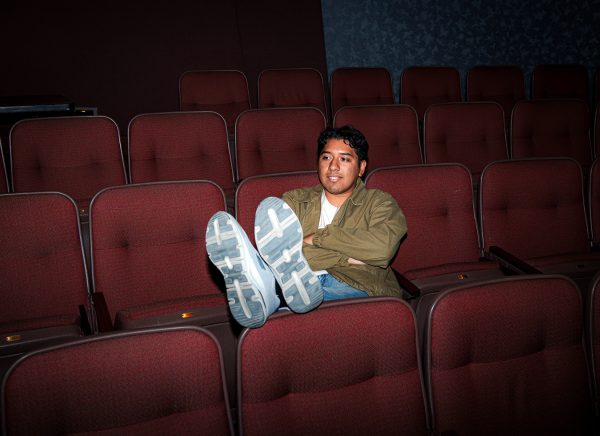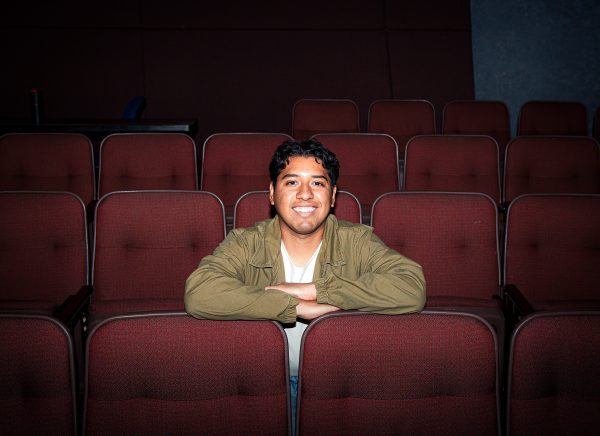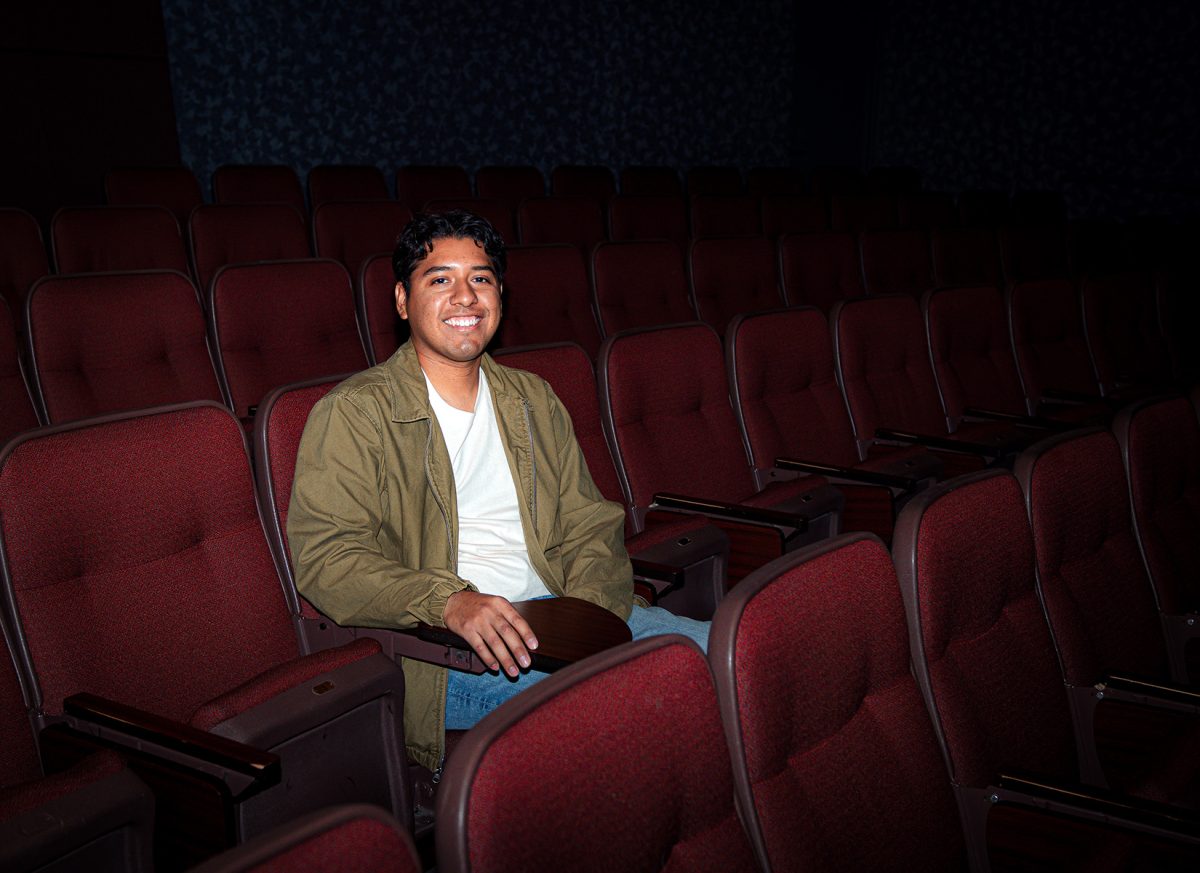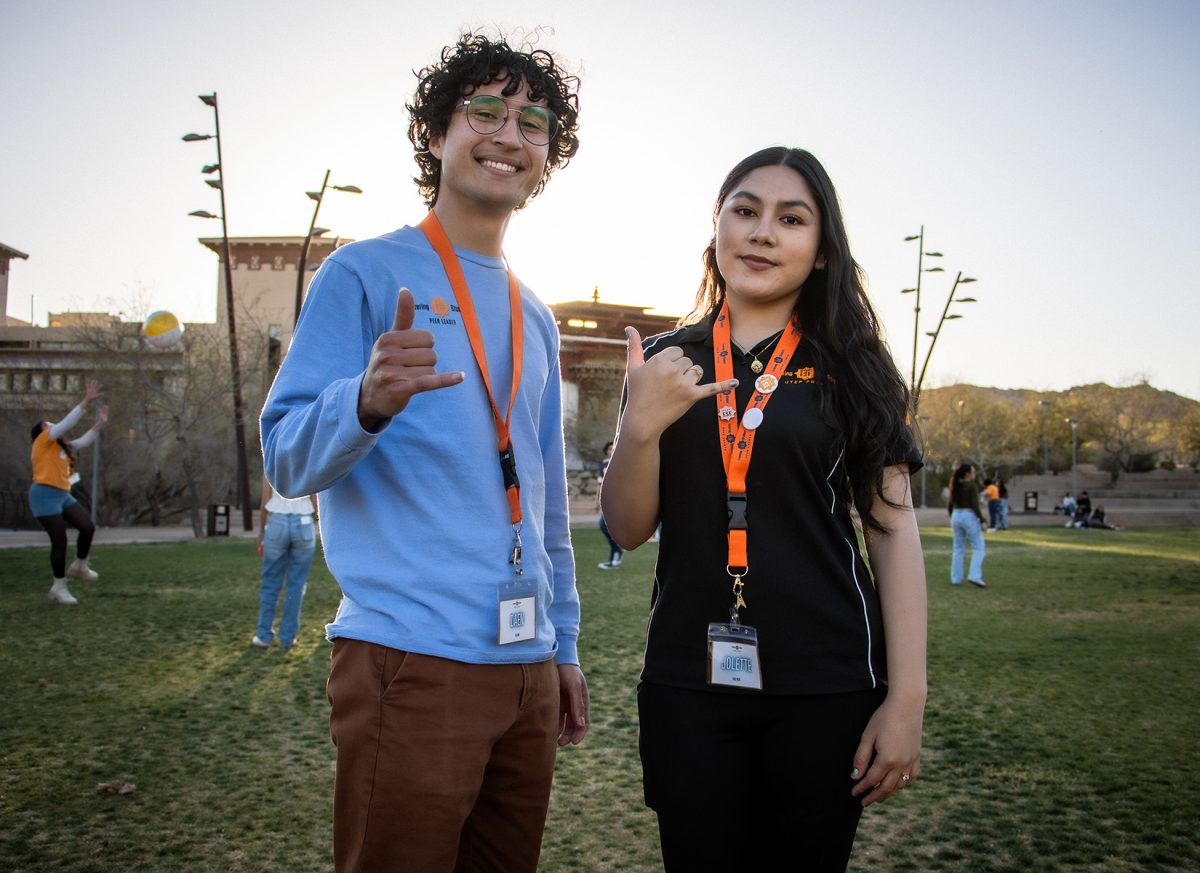The transition from high school to college for incoming students can often be intimidating and seem overwhelming at times. Students might even feel the weight of the world is upon them.
Educators who embrace new students every semester at the University of Texas at El Paso (UTEP) have once been in a lecture hall before, studied at the library for an exam. These educators spoke to The Prospector to share insightful advice to new and returning Miners.
Victor Sanchez, a UTEP master’s student in the business administration department and now a teaching assistant of political science, found that during his time as an undergraduate, studying for classes and juggling multiple responsibilities at once was his largest obstacle to overcome.
“It’s a lot of time management, I will say try to learn different ways of studying and see what works for you, especially with the hard classes. Because it really becomes a struggle, especially if you’re used to just kind of zooming through your classes,” Sanchez said. “You really got to sit down, take the time to go through the material, look at the resources available for you and just take it slow and see what works.”

The workload throughout college can become overwhelming at times, but there are resources provided by the university to help students succeed in their classes.
For those transferring directly from high school, where most necessities are provided to students, the shift to college provides a taste of adulthood.
Teaching assistant for public speaking Weston Stagner, advises students to stay on top of their finances and readings.
“My college experience started off rough, because you’re transitioning from high school, I was really struggling. With parking and paying for things as a college student, a lot of students have that kind of thing in common,” Stagner said.
As for academic work, Stagner believes that if students read the required material and do not put it off, then success will surely come their way.
“If you can read the textbooks for your classes, you’re going to separate yourself from your peers tremendously because a lot of people don’t read those things. They just go to lectures and they’re just physically there, but not mentally there,” Stagner said.
College may seem stressful, but it can also be a great place for many. Dr. Claudia M. Boyd, professor in the communication department, relishes looking back on her time at UTEP, a place she considers to be a second home.

“They gave me compassion for not being the perfect student and still learning and getting to where I needed to get [and] even more grace when they accepted me into the graduate program,” Boyd said.
It was an honor for Boyd to return to UTEP to now be able to educate and mentor students of her own.
“I was now going to be able to give back to my students and it’s such a blessing and a privilege to be able to be here at my alma mater, giving back to the place that gave me what I got. It’s a great feeling,” Boyd said.
Dr. Boyd’s advice for incoming and current students is to be aware of their mental health.
“Be kind to yourself, first and foremost, because I think we’re really hard on [ourselves]. You’re not going to know everything that you think that you need to know it’s going to take time,” Boyd said.
Despite the common first-year-student struggles, UTEP is a university where students can find their place and learn from professors who have gone through the same experiences as them.
Joseph Montero is a staff reporter for The Prospector and may be reached at [email protected].








